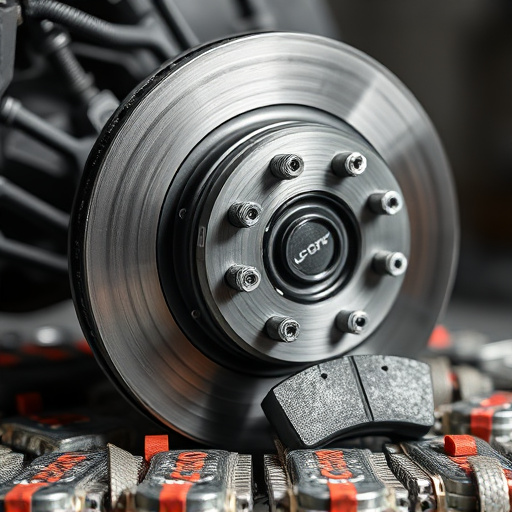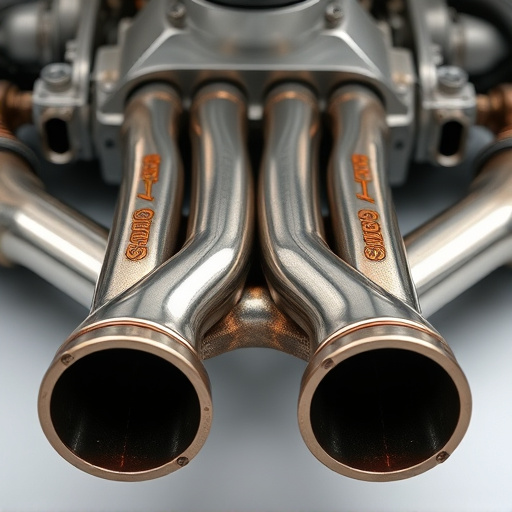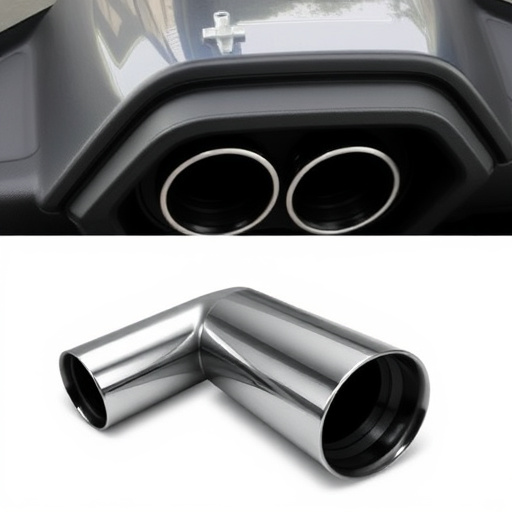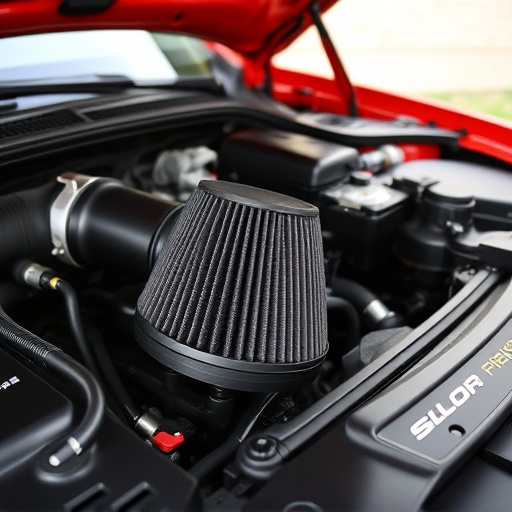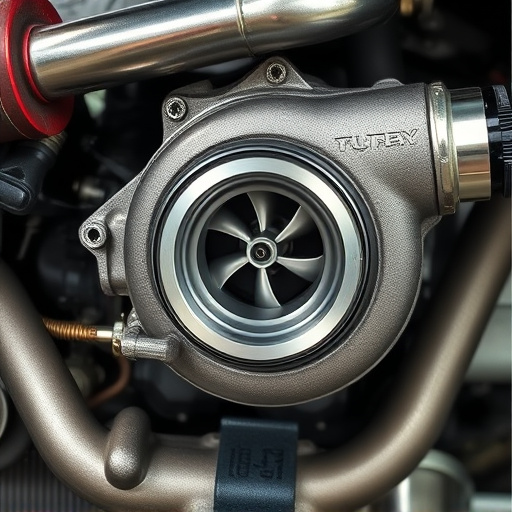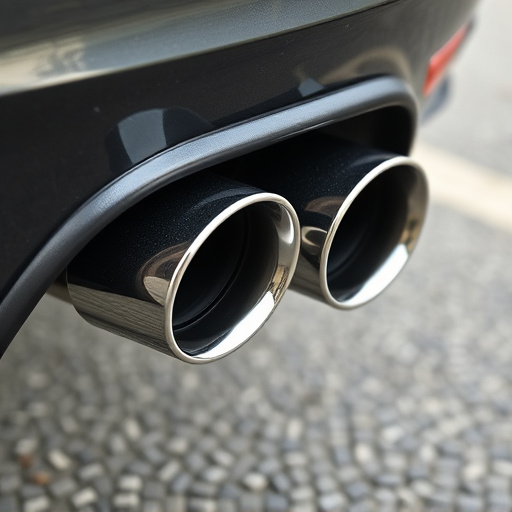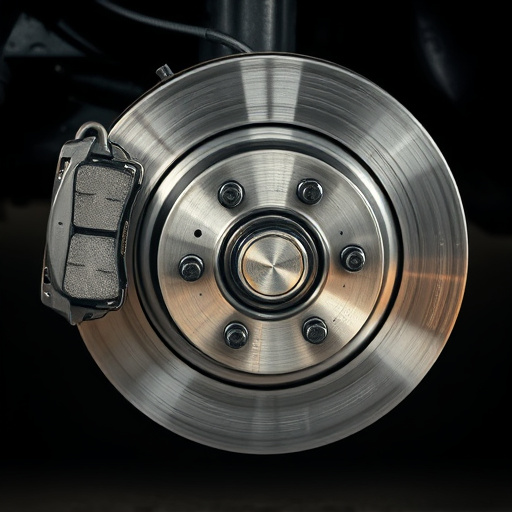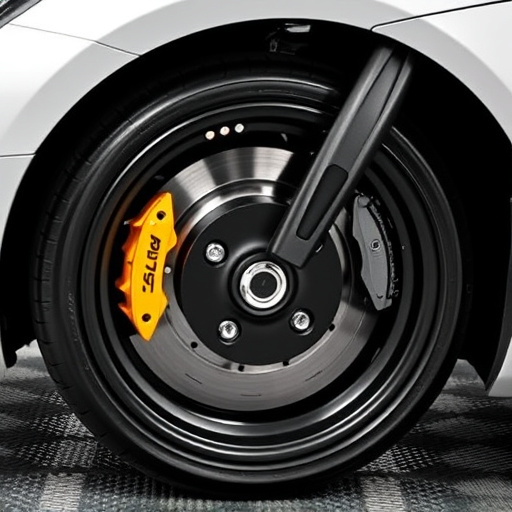Exhaust systems for cars are vital components that optimize engine performance while minimizing environmental impact by expelling burnt gases, enhancing fuel efficiency, and reducing harmful emissions through advanced technologies like catalytic converters. Modern systems incorporate sophisticated sensors and electronic controls to monitor airflow and engine temperature, further improving fuel burning efficiency. Well-designed intake components complement these mechanisms, contributing to the overall performance and environmental friendliness of modern vehicles.
Exhaust systems, an essential component of modern vehicles, play a pivotal role in enhancing fuel efficiency and reducing emissions. This article delves into the intricate workings of exhaust systems, exploring how they optimize performance. We’ll uncover the science behind improved fuel economy and delve into advanced technologies that mitigate environmental impact. By understanding these systems, drivers can appreciate their significance in both efficient transportation and preserving the environment, ultimately leading to cleaner, greener cars on our roads.
- Understanding Exhaust Systems: Their Role in Modern Vehicles
- How Exhaust Systems Enhance Fuel Efficiency: The Science Behind It
- Emissions Control: The Impact of Advanced Exhaust Technology
Understanding Exhaust Systems: Their Role in Modern Vehicles
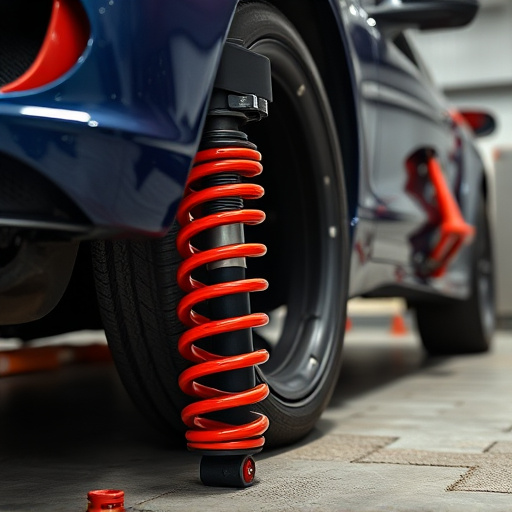
Exhaust systems for cars are a vital component of modern vehicle design, playing a critical role in maintaining optimal vehicle performance while minimizing environmental impact. These systems facilitate the expulsion of burnt gases from the engine, ensuring efficient combustion and reducing the amount of harmful emissions released into the atmosphere. By enabling better airflow management, exhaust systems contribute to enhanced fuel efficiency, as they allow for more effective burning of gasoline or diesel.
In addition to their primary function, exhaust systems also incorporate advanced technologies designed to purify the gases expelled from the engine. Catalytic converters, for instance, help convert harmful pollutants like carbon monoxide and nitrogen oxides into less toxic substances. Moreover, some modern exhaust systems incorporate air intake systems, such as cold air intakes, which draw in cooler, denser air, enhancing overall vehicle performance by optimizing the oxygen-fuel mixture in the engine. This synergy between exhaust and air intake systems underscores their importance in achieving a balance between fuel efficiency and robust vehicle performance.
How Exhaust Systems Enhance Fuel Efficiency: The Science Behind It
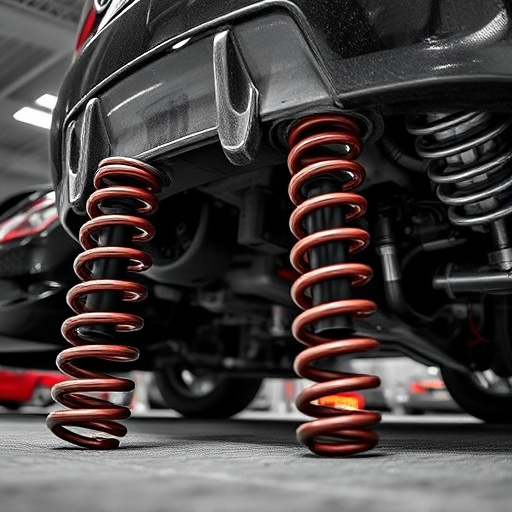
Exhaust systems play a surprisingly significant role in enhancing fuel efficiency for cars. The science behind this starts with the system’s ability to reduce backpressure in the engine. When exhaust gases are efficiently removed, the engine can operate more smoothly and with less strain, resulting in improved combustion efficiency. This means the engine uses fewer resources to produce power, leading directly to better fuel economy.
Furthermore, modern exhaust systems often incorporate advanced materials and designs that facilitate catalytic conversion of harmful emissions into less toxic byproducts. These include performance brakes like high-quality brake pads, which not only enhance braking effectiveness but also contribute to overall vehicle efficiency. By breaking down pollutants at higher temperatures, these systems reduce the energy waste associated with pollution control, further bolstering fuel efficiency. This is a crucial aspect that distinguishes exhaust systems for cars from mere emission controllers—they actively work to optimize engine performance and minimize energy wastage.
Emissions Control: The Impact of Advanced Exhaust Technology

Modern exhaust systems have evolved beyond simple gas expulsion, incorporating advanced technologies to control and reduce emissions. These innovations are pivotal in enhancing the overall efficiency of vehicles, addressing environmental concerns, and contributing to cleaner air. One notable development is the integration of catalytic converters, which facilitate chemical reactions to break down harmful pollutants into less toxic substances. This process significantly reduces the emission of nitrogen oxides (NOx) and carbon monoxide (CO), improving air quality.
Furthermore, recent advancements in exhaust technology include sophisticated sensors and electronic controls that optimize gas exchange. These systems monitor various parameters, such as engine temperature and airflow, to adjust the timing and pressure of exhaust release. This precision engineering ensures optimal combustion, enhances fuel burning efficiency, and ultimately reduces fuel consumption, making exhaust systems for cars a critical component in efforts to create more sustainable transportation. The combination of these advanced emissions control mechanisms with well-designed intake components, like air filter kits and suspension kits, further contributes to the overall performance and environmental friendliness of modern vehicles.
Exhaust systems are not just about reducing noise; they play a pivotal role in enhancing fuel efficiency and controlling emissions in modern vehicles. By understanding the science behind these systems, we can appreciate how advanced exhaust technology contributes to creating a greener future. Optimized flow and efficient combustion, enabled by well-designed exhaust systems, lead to better fuel economy and reduced environmental impact. As the automotive industry continues to evolve, exhaust systems for cars will remain a key component in achieving sustainability goals, ensuring a cleaner and more efficient driving experience.




